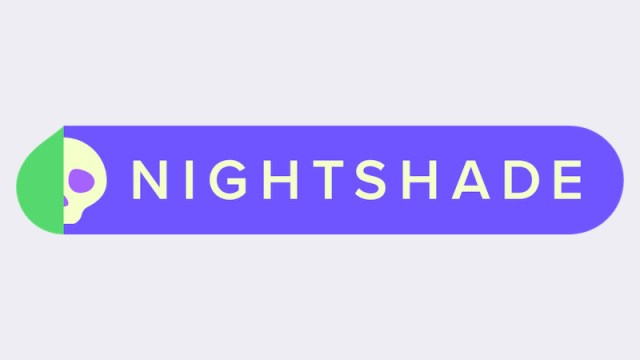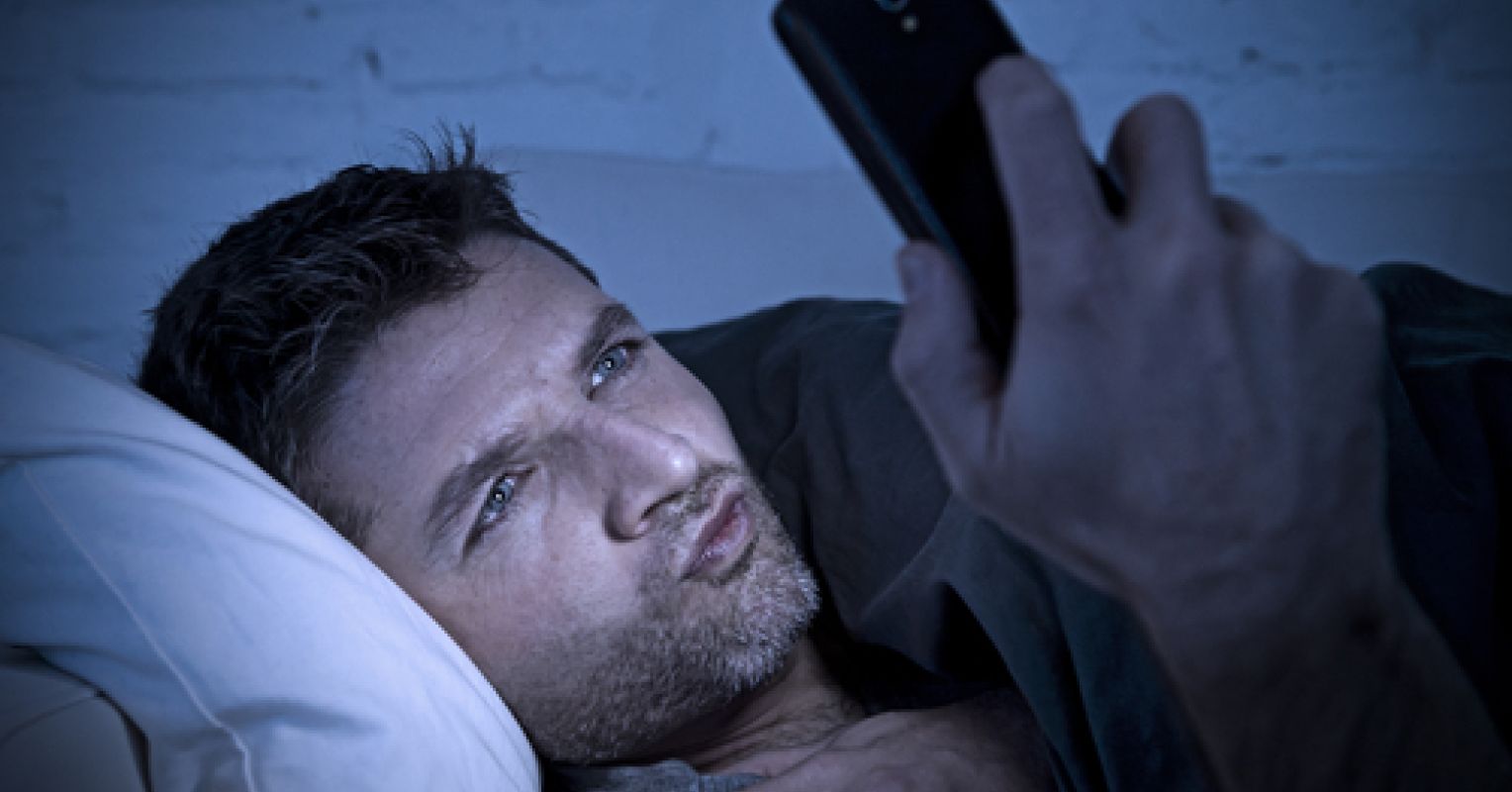If an artist decides to utilize intellectual property owned by a major tech corporation, they may risk encountering legal repercussions. However, numerous creators express discontent over the same tech giants employing their intellectual property extensively as training data for generative AI models. Is there a way for them to retaliate?
Enter Nightshade, a groundbreaking software developed by a team at the University of Chicago. This innovative tool, compatible with Windows and MacOS, subtly alters images with imperceptible shading to trick AI systems into misclassifying them.
The concept behind Nightshade is for artists to apply this software to their creations, introducing subtle distortions that deceive unsuspecting AIs. For instance, an image of a cow could be manipulated to appear as a handbag to the AI. Through widespread adoption by creators, the goal is to contaminate AI systems to the extent that they consistently misinterpret images. By flooding the internet with such distorted images, the aim is to compel AI companies to respect the intellectual property rights of the original creators.
The success of this strategy hinges on a critical mass of creators embracing and utilizing the Nightshade software. However, it is foreseeable that this approach may trigger a technological arms race between AI systems and image manipulators. One undeniable fact remains—amid the proliferation of generative AI technologies fueled by AI hype, creators, whether established publishers, popular tech news platforms, or aspiring cartoonists, deserve protection against unauthorized use of their creative work.






